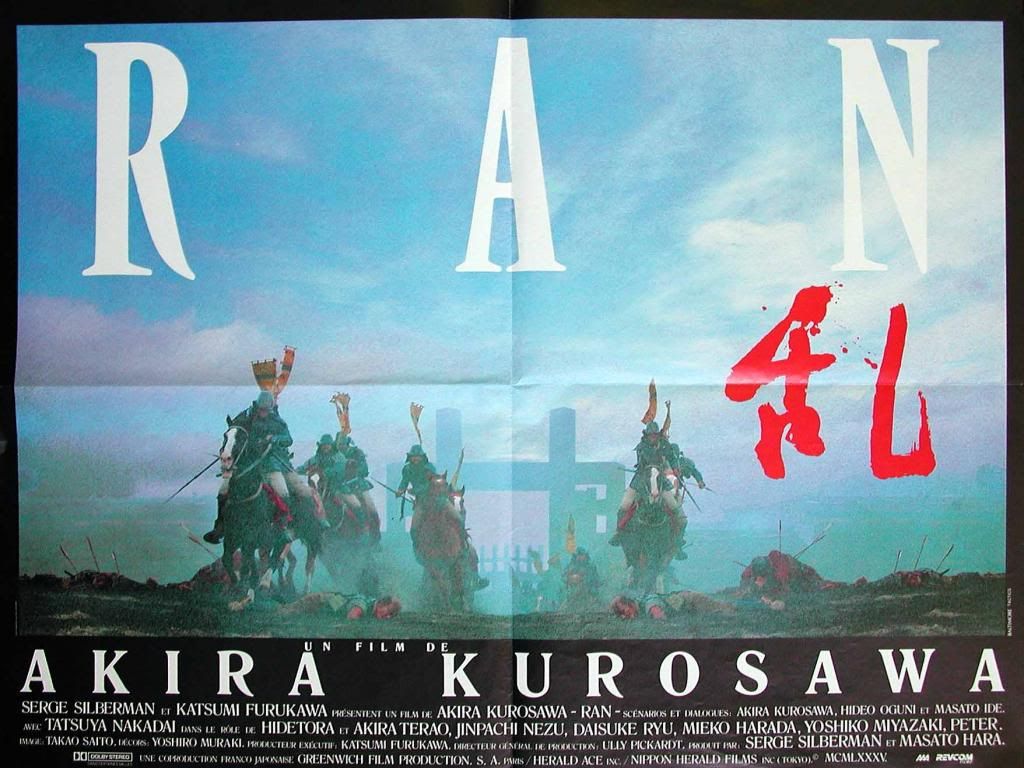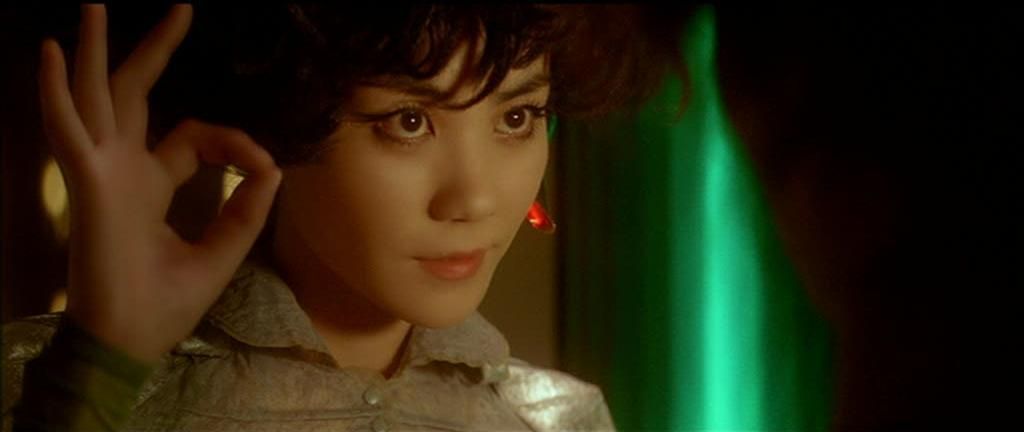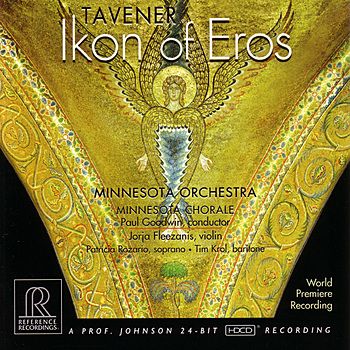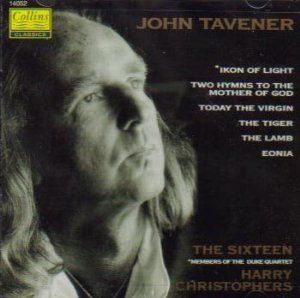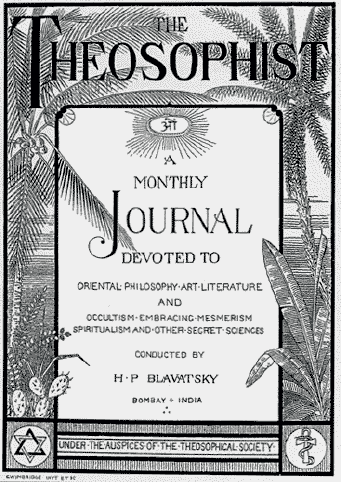Money-back guarantee: Not a word about President Obama-Jarrett!
Notes on three DVDs fetched from Netflix recently:
Kurosawa's 1985 Ran may be an art film enclosing a commercial film, or a commercial film enclosing an art film. Let's just call it arty commercial.
Of course Ran has ingredients that make cinéastes indulge in fawning contests. It's foreign (unless you're Japanese); set in remote times; plenty of picturesque violence; goes on and on and then on some more; and boasts a solid literary antecedent, King Lear by the unknown author who goes by the name Shakespeare.
This being old Japan, the warlord/Lear can't give his kingdom to three daughters, which would have been unthinkable in that time and place, so they are transgendered. Presumably to keep the film from being suffocatingly masculine, Kurosawa and his screenwriters introduce a seductive woman, Lady Kaede (Mieko Harada), to goad the Bad Son now on his father's throne into indulging in affirmative vicious action. Maybe Kurosawa got King Lear confused with Macbeth. Even in antique high fashion and makeup that look bizarre to modern Western eyes, she's a lovely viper. Once she wraps herself around Villain 1, it's Kaede bar the door.
Indeed there are impressive things in Ran. Kurosawa has a good eye for visual composition; when things get otherwise tedious there's usually something worth your attention in the background. He shoots and edits action well; the scene of the fiery attack on a castle is gripping. There are also compelling, quiet moments (but not enough). Toru Takemitsu's music score provides effective commentary.
"Shakespeare's" Lear opens a window into all the contradictions of human life: power and powerlessness, the wisdom of age and geriatric misjudgment, the bonds of love snapped in an instant by death's sharp tug, and so much more. Kurosawa, however, presents the theme as stilted, schematic -- disloyalty to your father is wicked, war is hell.
The acting is all over the place stylistically. The leaders of the various armies lined up for battle chew the beautiful scenery. Tatsuya Nakadai, as the Lear figure Lord Hidetora, is curiously artificial. Just say Noh? The androgynous Fool -- I thought at first he was a woman -- camps it up mercilessly but undeniably holds the attention. Yet other characters, including Lady Kaede, are played naturalistically.
Ran is no ran-of-the-mill film -- it's clearly a director's "statement," for good and ill.
Oliver Stone's Alexander may be a commercial film enclosing an art film, or an art film enclosing a commercial film. Let's just call it ... never mind.
This DVD was (I think) the "Final Version" of Stone's epic, which has at least three iterations, the other two being the "Theatrical Version" and the "Director's Cut." I'd seen the (I think) "Theatrical Version" (the shortest), also on DVD. Despite its faults, I had found it interesting enough to be curious about what had been left out. In this latest version, it would seem nothing much was omitted, as it ran (or walked, or stumbled) for well over three hours.
While his politics are not mine, Stone has directed some strong films including Salvador, Wall Street, Born on the Fourth of July, The Doors, Nixon, and the underrated Heaven & Earth.
In an extra-features introduction, Stone says something to the effect that if you liked the short version you'll like this even more, and if you hated the short version you'll hate this even more. I found that I liked and disliked both in about the same proportion. Starting here I'll be talking about the maybe-ultimate-final Alexander I watched most recently.
It was chance that I saw it right after Ran -- they happened to succeed one another in my Netflix queue. But that made me notice some surprising resemblances. Both are big on battle scenes. Both have father-son conflict, although Alexander tosses in for good measure a semi-incestuous mother-son relationship, as well as an implied homosexual one.
Like Kurosawa, Oliver Stone is a highly visual director -- one of his keenest talents, which he doesn't get enough credit for. The shots of the Macedonian and Persian armies, the long march through Asia to India, the court scenes are highly intensified by their pictorial quality. Like Kurosawa, Stone uses nature to heighten mood.
There are two huge battle set pieces, one in Persia and one in India. That in Persia -- Gaugamela -- is presented convincingly and powerfully, but at exhausting length. Once the action begins, onscreen titles helpfully inform us when we are viewing the Macedonian right, left, and center lines. The trouble is, the charging soldiers in the right look quite a bit like those in the left, and both strongly resemble those in the center.
Gaugamela seems like an all-day engagement, not just in 331 BC but in the movie. The cross-cutting between different parts of Alexander's army starts to bring up thoughts of military history writing where General X's cavalry "wheels around" to attack General Y's left flank while Count Z's artillery forces advance slowly against heavy resistance, etc.
One virtue of the extended version is that we get to hear more of Anthony Hopkins's voice-over narration (carnage recalled in tranquility). Not only does Hopkins help us understand the events better, but it's a pleasure just to hear a first-rate actor.
But whatever clarity Hopkins provides in sabotaged by Stone's insatiable urge for flashbacks and flash-forwards. Again the onscreen titles tell us where and when we are, but the jumping between past and present (which accelerates later in the movie) becomes annoying. We don't watch a picture like Alexander to sit in as Dr. Freud analyzes the childhood and youth of the Macedonian king, stretched out on the couch.
A lot of Stone's cinematic past suggests he is an excellent director of actors, but his ability along that line deserted him here. Colin Farrell (Alexander) lacks the magnetism and range of inflections to carry such a huge part, although it should be said that Stone's insensitivity to words -- his greatest weakness, as usual -- doesn't give Farrell a lot to work with. Val Kilmer as the father, Philip of Macedonia, is cartoonish. In the big roles, only Angelina Jolie, as Alexander's slyly loving mother, holds the screen.
The long-haul version of Alexander, presumably assembled to Oliver Stone's own specifications, shows again that enough is enough and too much is too much.
When I reviewed Wong Kar-Wai's 2046, I headed the posting "The first great film of the millennium?" On a second viewing, I find I agree with myself. I still know of none better.
The second time around was even more enjoyable than the first. Although not authored in Blu-ray (unlike the others discussed here), the color palette was even more sensuous than I remembered, possibly because I now have a different DVD player and monitor.
2046 is a work of brilliant imagination as well as craft. Because of retaining a general overview of the story, I didn't have to spend as much time trying to understand its fluid complexity (although there are still a few puzzling bits). I was able to concentrate more on the acting, and do not believe it is exaggerating to call it profound. What the performers give us puts to shame the posturing in Alexander.
Wong Kar-Wai has made other fine movies, some of which I've written about in this blog. But 2046 remains his masterpiece.
This being old Japan, the warlord/Lear can't give his kingdom to three daughters, which would have been unthinkable in that time and place, so they are transgendered. Presumably to keep the film from being suffocatingly masculine, Kurosawa and his screenwriters introduce a seductive woman, Lady Kaede (Mieko Harada), to goad the Bad Son now on his father's throne into indulging in affirmative vicious action. Maybe Kurosawa got King Lear confused with Macbeth. Even in antique high fashion and makeup that look bizarre to modern Western eyes, she's a lovely viper. Once she wraps herself around Villain 1, it's Kaede bar the door.
Indeed there are impressive things in Ran. Kurosawa has a good eye for visual composition; when things get otherwise tedious there's usually something worth your attention in the background. He shoots and edits action well; the scene of the fiery attack on a castle is gripping. There are also compelling, quiet moments (but not enough). Toru Takemitsu's music score provides effective commentary.
"Shakespeare's" Lear opens a window into all the contradictions of human life: power and powerlessness, the wisdom of age and geriatric misjudgment, the bonds of love snapped in an instant by death's sharp tug, and so much more. Kurosawa, however, presents the theme as stilted, schematic -- disloyalty to your father is wicked, war is hell.
The acting is all over the place stylistically. The leaders of the various armies lined up for battle chew the beautiful scenery. Tatsuya Nakadai, as the Lear figure Lord Hidetora, is curiously artificial. Just say Noh? The androgynous Fool -- I thought at first he was a woman -- camps it up mercilessly but undeniably holds the attention. Yet other characters, including Lady Kaede, are played naturalistically.
Ran is no ran-of-the-mill film -- it's clearly a director's "statement," for good and ill.
Oliver Stone's Alexander may be a commercial film enclosing an art film, or an art film enclosing a commercial film. Let's just call it ... never mind.
This DVD was (I think) the "Final Version" of Stone's epic, which has at least three iterations, the other two being the "Theatrical Version" and the "Director's Cut." I'd seen the (I think) "Theatrical Version" (the shortest), also on DVD. Despite its faults, I had found it interesting enough to be curious about what had been left out. In this latest version, it would seem nothing much was omitted, as it ran (or walked, or stumbled) for well over three hours.
While his politics are not mine, Stone has directed some strong films including Salvador, Wall Street, Born on the Fourth of July, The Doors, Nixon, and the underrated Heaven & Earth.
In an extra-features introduction, Stone says something to the effect that if you liked the short version you'll like this even more, and if you hated the short version you'll hate this even more. I found that I liked and disliked both in about the same proportion. Starting here I'll be talking about the maybe-ultimate-final Alexander I watched most recently.
It was chance that I saw it right after Ran -- they happened to succeed one another in my Netflix queue. But that made me notice some surprising resemblances. Both are big on battle scenes. Both have father-son conflict, although Alexander tosses in for good measure a semi-incestuous mother-son relationship, as well as an implied homosexual one.
Like Kurosawa, Oliver Stone is a highly visual director -- one of his keenest talents, which he doesn't get enough credit for. The shots of the Macedonian and Persian armies, the long march through Asia to India, the court scenes are highly intensified by their pictorial quality. Like Kurosawa, Stone uses nature to heighten mood.
There are two huge battle set pieces, one in Persia and one in India. That in Persia -- Gaugamela -- is presented convincingly and powerfully, but at exhausting length. Once the action begins, onscreen titles helpfully inform us when we are viewing the Macedonian right, left, and center lines. The trouble is, the charging soldiers in the right look quite a bit like those in the left, and both strongly resemble those in the center.
Gaugamela seems like an all-day engagement, not just in 331 BC but in the movie. The cross-cutting between different parts of Alexander's army starts to bring up thoughts of military history writing where General X's cavalry "wheels around" to attack General Y's left flank while Count Z's artillery forces advance slowly against heavy resistance, etc.
One virtue of the extended version is that we get to hear more of Anthony Hopkins's voice-over narration (carnage recalled in tranquility). Not only does Hopkins help us understand the events better, but it's a pleasure just to hear a first-rate actor.
But whatever clarity Hopkins provides in sabotaged by Stone's insatiable urge for flashbacks and flash-forwards. Again the onscreen titles tell us where and when we are, but the jumping between past and present (which accelerates later in the movie) becomes annoying. We don't watch a picture like Alexander to sit in as Dr. Freud analyzes the childhood and youth of the Macedonian king, stretched out on the couch.
A lot of Stone's cinematic past suggests he is an excellent director of actors, but his ability along that line deserted him here. Colin Farrell (Alexander) lacks the magnetism and range of inflections to carry such a huge part, although it should be said that Stone's insensitivity to words -- his greatest weakness, as usual -- doesn't give Farrell a lot to work with. Val Kilmer as the father, Philip of Macedonia, is cartoonish. In the big roles, only Angelina Jolie, as Alexander's slyly loving mother, holds the screen.
The long-haul version of Alexander, presumably assembled to Oliver Stone's own specifications, shows again that enough is enough and too much is too much.
When I reviewed Wong Kar-Wai's 2046, I headed the posting "The first great film of the millennium?" On a second viewing, I find I agree with myself. I still know of none better.
The second time around was even more enjoyable than the first. Although not authored in Blu-ray (unlike the others discussed here), the color palette was even more sensuous than I remembered, possibly because I now have a different DVD player and monitor.
2046 is a work of brilliant imagination as well as craft. Because of retaining a general overview of the story, I didn't have to spend as much time trying to understand its fluid complexity (although there are still a few puzzling bits). I was able to concentrate more on the acting, and do not believe it is exaggerating to call it profound. What the performers give us puts to shame the posturing in Alexander.
Wong Kar-Wai has made other fine movies, some of which I've written about in this blog. But 2046 remains his masterpiece.

